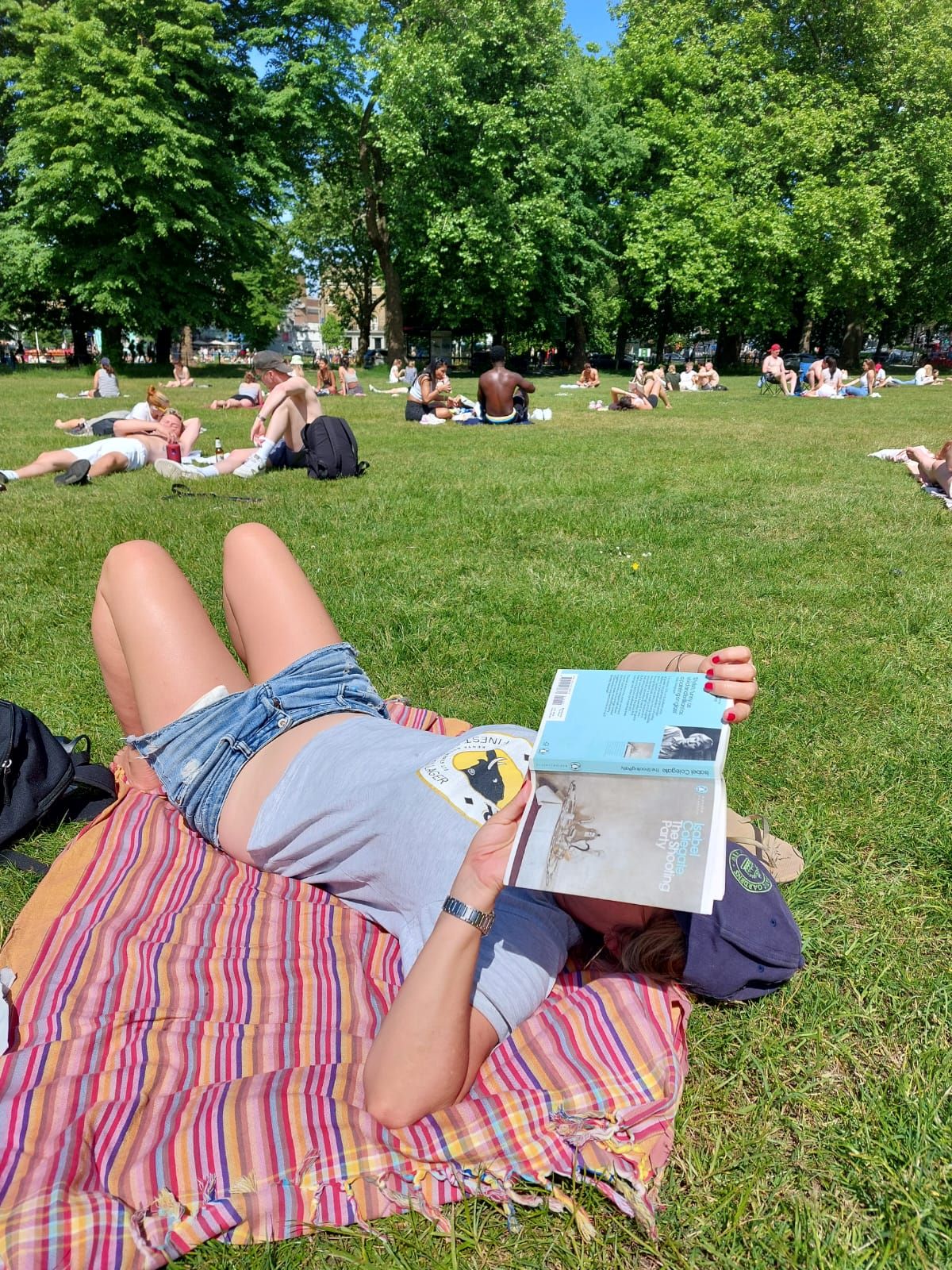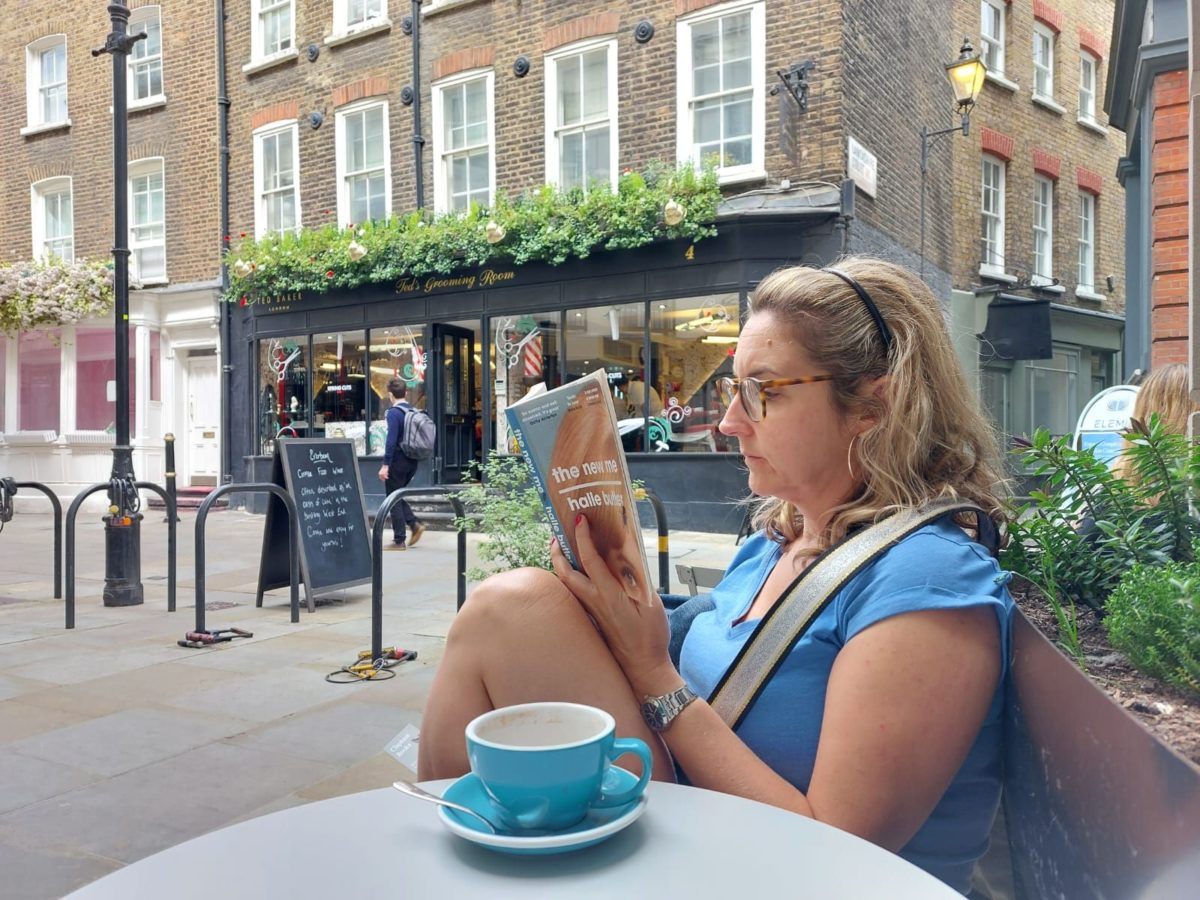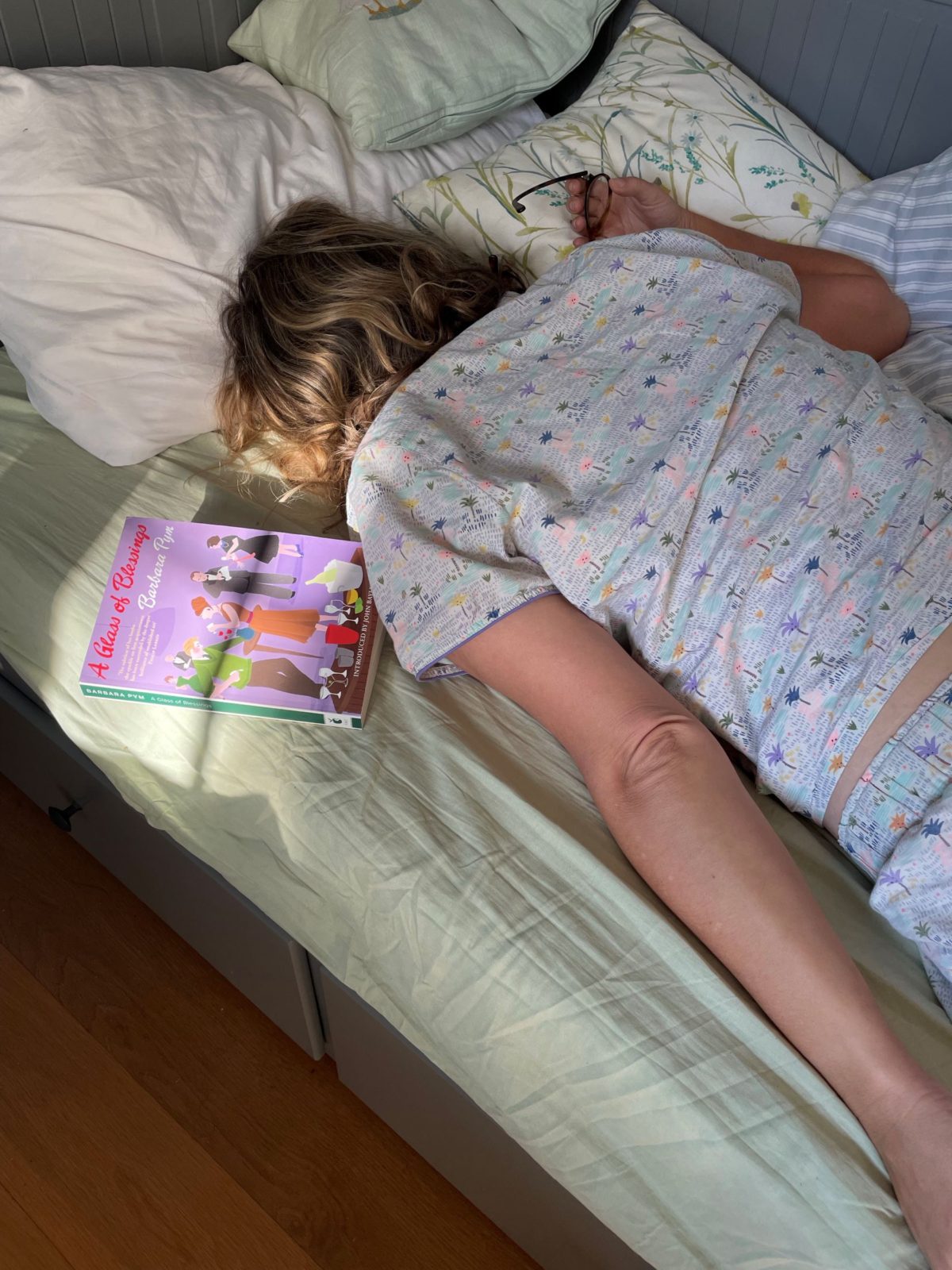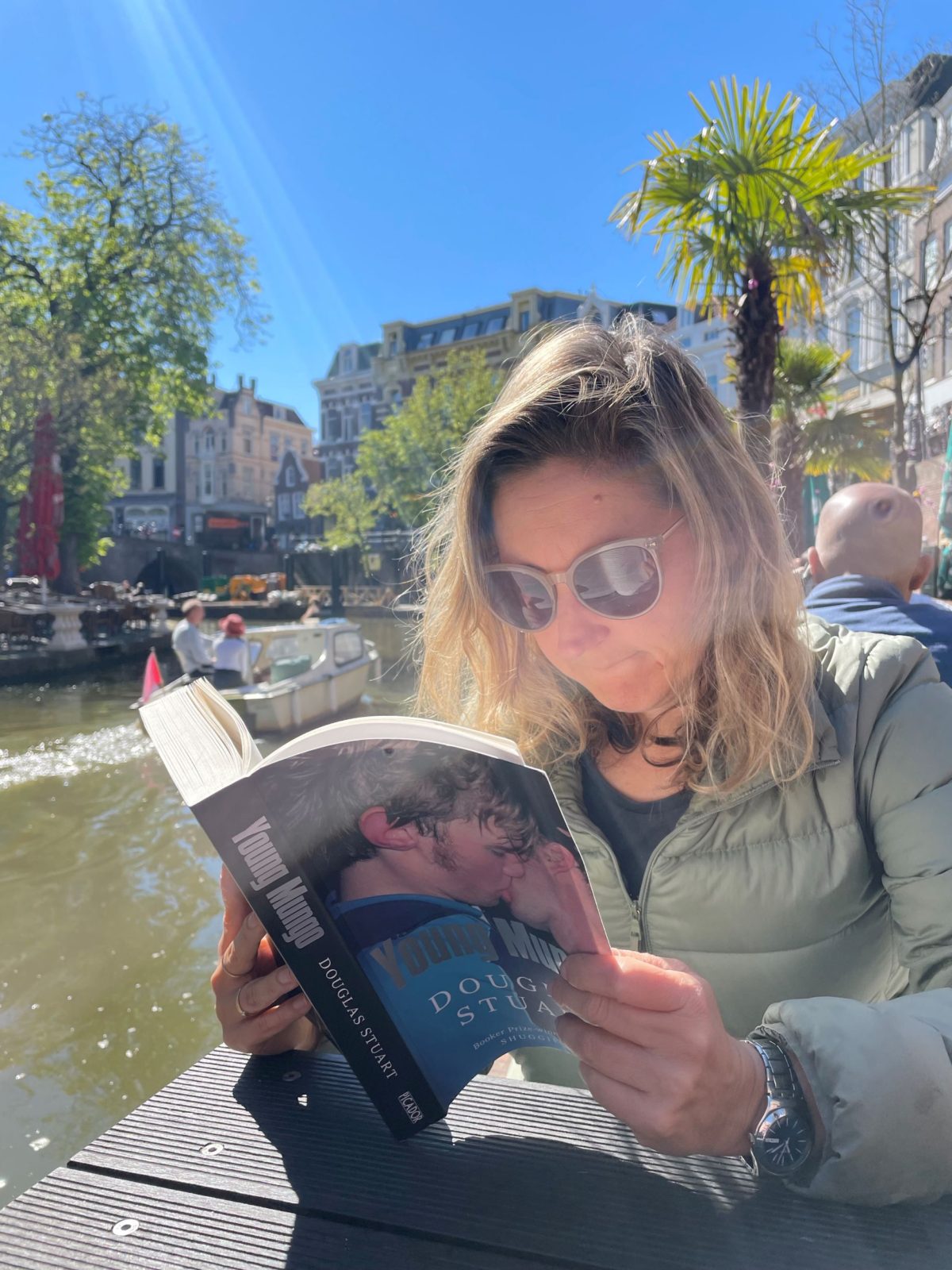This is a harrowing story of a marriage going bad. I clearly have little to no experience of really toxic relationships, because mostly I was just like: why don’t you leave? Clearly I lack experience, because I struggle to even imagine a world where I would put with how this lady gets spoken to.
Also super harrowing is her relationship with her mother, possibly worse because here there are not so many harsh words. Let me quote at length. Here she is on her mother:
Perhaps I should be moved by her more than I am. I love animals, their natural ways. I have asked her about my – our – childhood, that house, but you wouldn’t think I’d spoken. She just stared back at me. Maybe she never noticed what we grew up with. Left to herself, back there, as I’m sure she felt she was, she laced the fetid air with her high-pitched humming her little self-announcements:
‘Well, I’m going to sit in the sun lounge if anyone wants me. Do they? No.’
‘Well, I’m going to eat some strawberries and cream and watch Wimbledon, Yes.’
My brother was even more incensed by these notices than I.
‘Do I give a shit?’ he’d scream.
You couldn’t see the television if the curtains were open, so they never were open. She’d clear aspace on the settee and hold up by her chest a bowl of mushy frozen strawberries, topped with a spray cream. She lifted her chin, bared her teeth.










